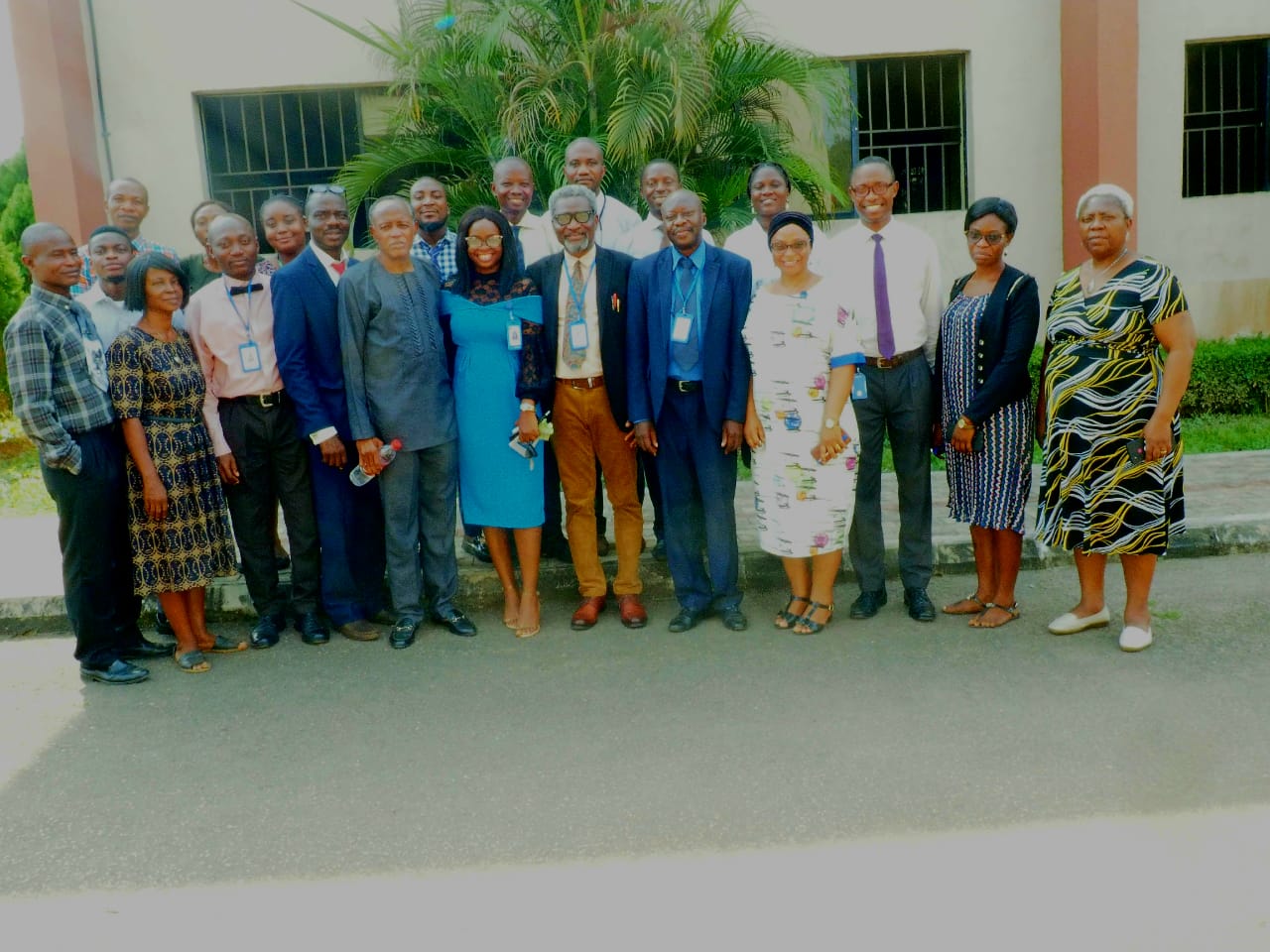
In an effort to curb diseases, untimely deaths and to widen the horizons of the residents of Ogun State on the needs required by humans for survival in life, the Management of the Hallmark University, Ijebu-Itele, has held a seminal on health and wellness.
The theme-focused gathering which had the management of the institution, professors and guests from other institutions in attendance, took place on Tuesday, February 7, 2023 at the school auditorium.
Obatunde added that, livestock selling and slaughtering should be occurred in an environment below the international standard for food consumption.
He noted that red meat is not recommended as a healthy food for consumption from age 40 and above, and aside from the unsuitability of red meat for human consumption,the conditions of its slaughtering, its sales and preparation as food in eateries and parties are compromised and below approved healthy standards.
According to him, “most of the Nigerian cities require attention especially from the health and medical perspectives aside from the general aesthetics. Interestingly, worship centres in Ijebu cities are cleaner than the markets. If the worship centres can be kept clean for spiritual purposes, the markets and indeed the entire cities should also be cleaned for the sake of human health”
“Aside the major prescriptions for health and wellness by nature, which include Oxygen, Water, Food, Shelter and Sleep, the environment is also considered more vital than ever before because of the level of compromises that have left the natural environment dysfunctional in support of human health and wellness. Human health status is determined by four major factors according to the Centre for Disease Control (CDC). These determinants are: Genetics (20%),
Environment (20%), Access to Medical Care (10%) and finally, Health Behaviours (50%). The determinants show that individuals, families, communities, nations and government the world over focus on Access to Medical Care which is just 10% of the determinants of the health status of an average person. Several billions, if not trillions, of each nation’s currency are voted for Access to Medical Care as against others even when a determinant like health behaviour has 50% contribution to health status. Is that not ridiculous and a pointer to a call for possible reconsideration of health care priorities the world over? What happened to the Health Behaviour of humans that is about 50% of the determinants of the overall health status?”
He advised individuals and governments all over the world ought not to prioritize more on Access-to-Medical Care which is just 10% of the determinants of the health status, but to massively encourage Health behaviour which possesses 50% contribution.
While shedding light on the burden of illness in developing countries, the Don disclosed that diseases such as malaria, tuberculosis, diabetes, chronic respiratory diseases, chronic kidney diseases, cardiovascular diseases, cancers and mental disorders, cost the African Region $2.4 trillion a year.
“The social burden of illness in Africa leads to extreme Poverty, negative impact on vulnerable populations, inability to work and be economically productive , psychological trauma such that illnesses affect the lives of family members in many ways which include their emotional, financial, family relationships, education and work, leisure time, and social activities”, he said.